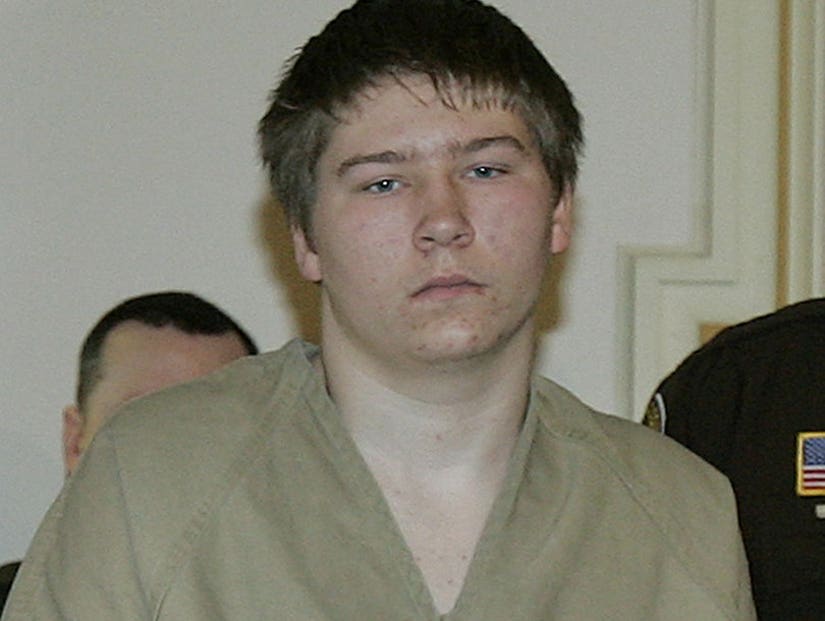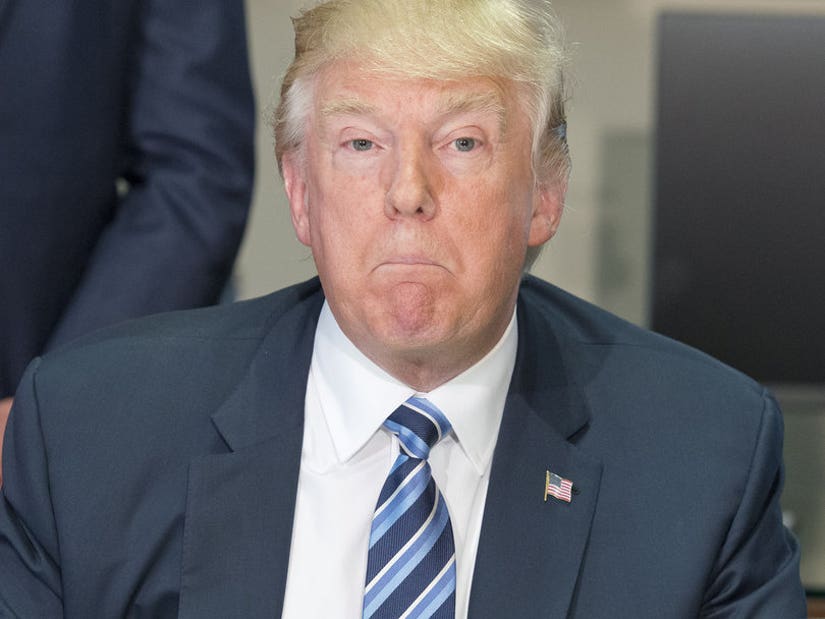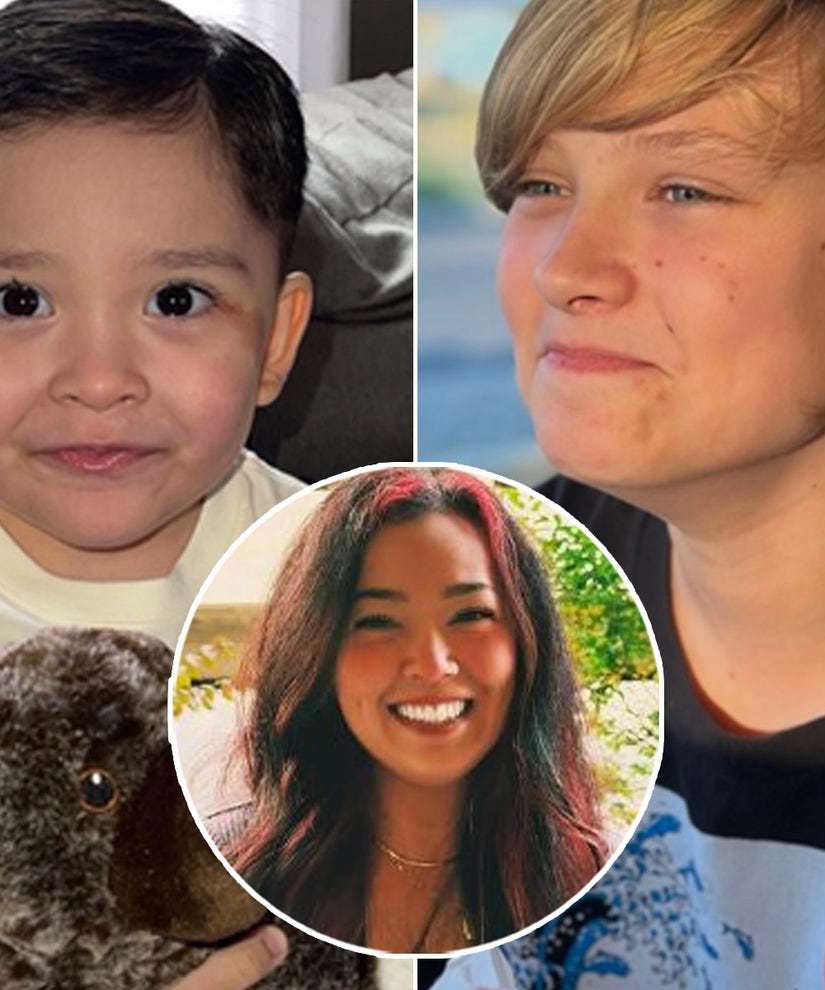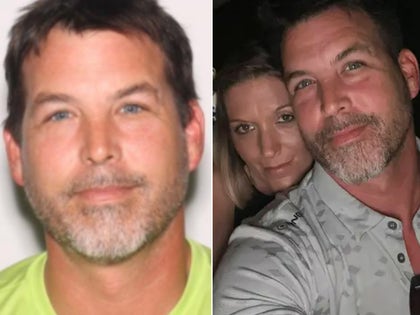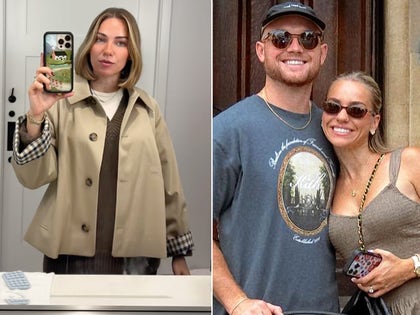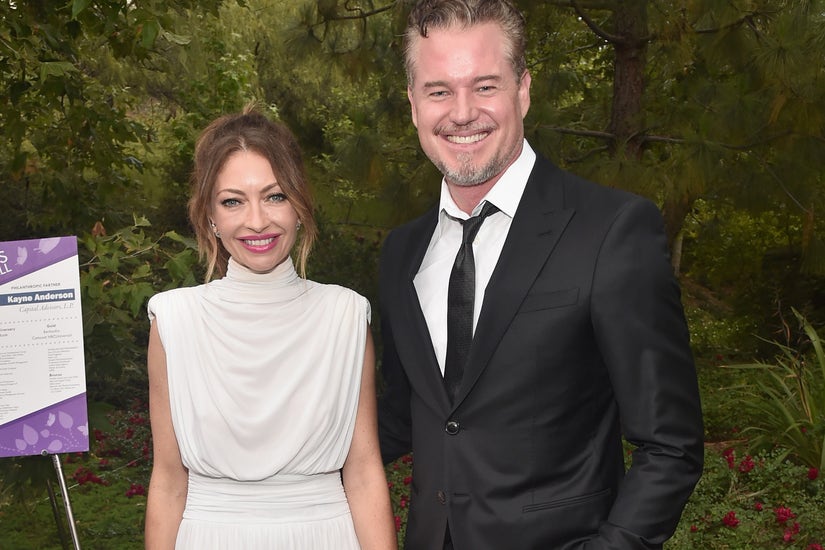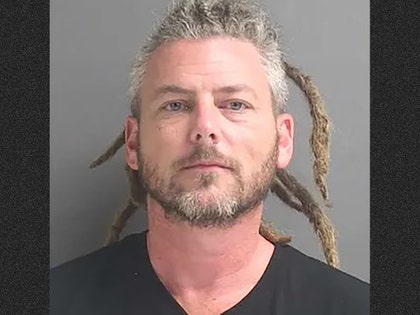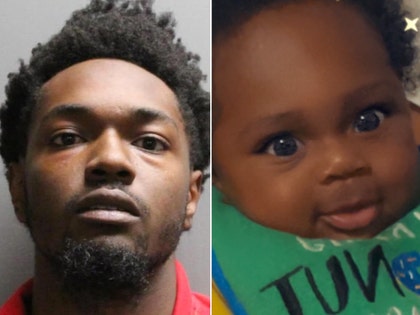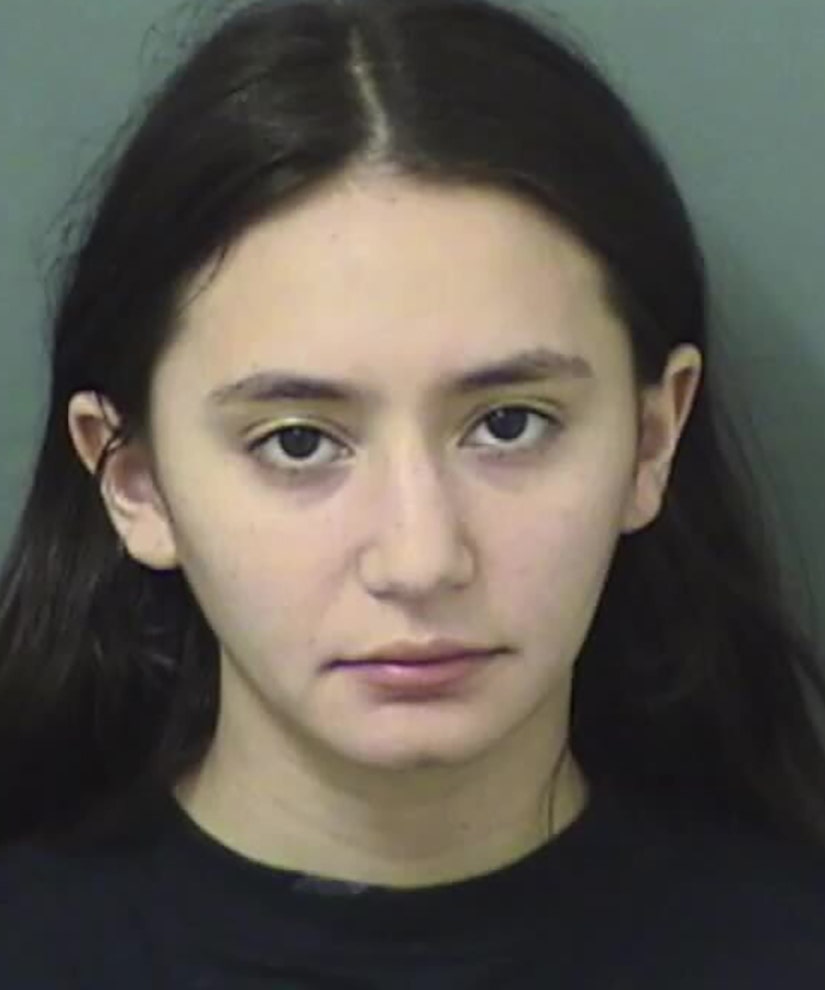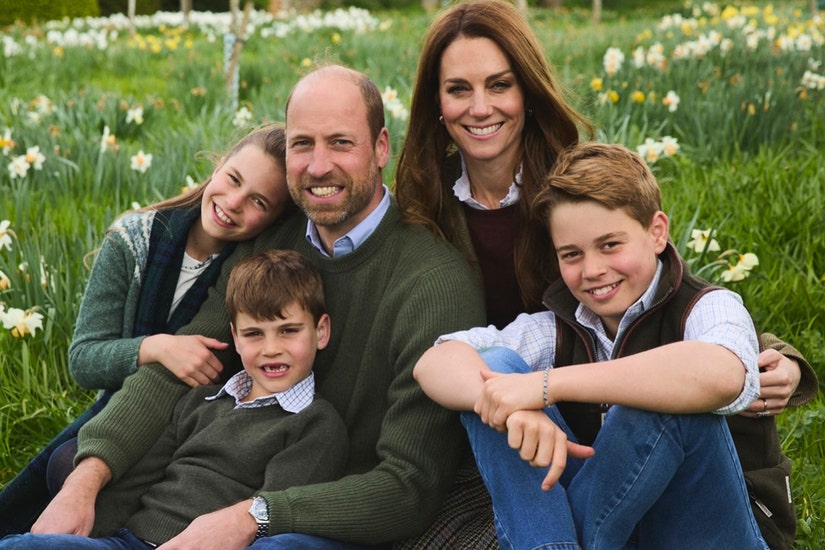The Supreme Court will not be taking up Brendan Dassey's case, at least not for now.
After losing in lower courts, lawyers for Dassey, a central figure in Netflix's 2015 documentary "Making a Murderer," appealed to the Supreme Court, but were declined.
 Getty
Getty
XXXTentacion's Controversial and Violent Past Divides Fans Even as Alleged Killer is Arrested
View StoryIn 2005, Dassey, who was sixteen at the time, was interrogated and confessed to a multitude of horrific crimes. The teen was then convicted in 2007 -- he was found guilty of rape, murder, and mutilation -- and sentenced to life in prison.
However, his lawyers argued that his sentencing was based solely on his confession and no physical evidence. But an appeals court ruled last year that his confession should not be thrown out. According to CNN, Dassey's lawyers believe that the confession of a then-16-year-old was "involuntary coerced" and that there was no evidence linking him to the crime.
In addition, his lawyers argued that Dassey was coerced by police tactics and that he is borderline intellectually disabled. Also, the lawyers accused interrogators of giving him the "right" answers. The panel of judges on the 7th US Circuit Court Appeals ruled against Dassey and expressed that he spoke "freely."
 NBC
NBC
'Whimpering' Jimmy Fallon Hits Back at Trump After President Tells Him to 'Be a Man'
View StoryThere were three judges that disagreed with this notion and said that Dassey was "subjected to myriad psychologically coercive techniques but the state court did not review his interrogation with the special care required by Supreme Court precedent."
Laura Nirider, Dassey's attorney, issued a statement on Monday in which she said she would "continue to fight for Brendan and the many other children who have been wrongfully convicted due to the use of coercive interrogation tactics" saying that he "confessed to a crime he did not commit."
"Unfortunately, Brendan isn't alone," Nirider continued. "Over the past 20 years, extensive empirical and psychological research has shown that children under 18 are between three and four times more likely to falsely confess than adults -- and yet the criminal justice system fails many of them. It's up to the courts to put an end to this."

